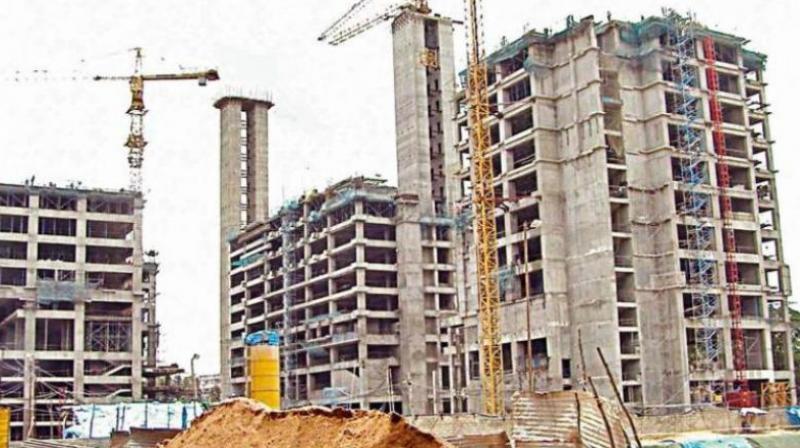Infra status will help boost realty demand
Housing for all has been the government's priority since it came to power in 2014.

Housing for all has been the government’s priority since it came to power in 2014. Policy and programmes developed by the Ministry of Housing under the NDA government, has been supported by budgetary interventions, bringing in a new era of reforms in the real estate sector. In the Union Budget finance minister Arun Jaitley made a landmark announcement of granting infrastructure status to affordable housing. This is a welcome move for both the consumer and the real estate industry. Housing and infrastructure, we believe are two important pillars to increase GDP and accelerate economic growth.
Infrastructure status for affordable house has been a long-standing requirement of the sector. This move will boost the volume of construction activity across the country, which has been struggling with reduction in the number of projects being launched over the last few quarters. This initiative by the government will fuel the entire value chain of stakeholders to perform their part in the agenda that is not only important for the country’s economy but also for its social development.
Benefits to consumer:
A focused institutional financing will attract many players, assuring the growth of not only the affordable housing segment, but the whole real estate sector. This will make affordable housing the core growth driver of the sector and at the same time it should help in fulfilling the government’s vision of ‘Housing for All by 2020’.
The status of infrastructure to affordable housing will allow additional private players to participate, adding to competition. This will provide better options for consumers allowing them to buy their first homes. Consumers will also benefit from the credit offtake, as they will have access to cheaper financing. This was partially enabled by banks, early this year following the government’s demonetization drive.
Under affordable housing, the carpet area of 30-60 square meters will now be applicable as against built-up area of 30-60 square meters. This will attract and encourage more consumers to buy a home in this segment.
Benefits to Developer:
The increased focus on affordable housing and its eventual status as infrastructure will make developers more amenable to the proposition of investing in this sector. Credit off take will also benefit the developer – who will have access to cheaper funding. Easy and dedicated access to institutional financing, higher limit on external commercial borrowings will attract more investments and assure sustained growth of affordable housing in India, making it the core driving segment for real estate.
On the other hand, long term financing at lower rates will reduce costs of construction for developers allowing them to pass on benefits to consumers. Reduction in the holding period for computing long term capital gains from transfer of immovable property from 3 years to 2 years as well as the provision the allowing liability to pay capital gain tax in the year the project is completed, for Joint Development agreements will bring in more private participation in the sector.
Liberalization of the FDI regime and the FIPB to be abolished, will bring in more investments in the country, making it conducive for development of townships, housing, built up infrastructure and construction. While a lot needs to be done, the budget this year is progressive for the sector and has provided a ray of hope to real estate consumers and developers. We hope that the economy sees a revival in the overall purchasing sentiment.

